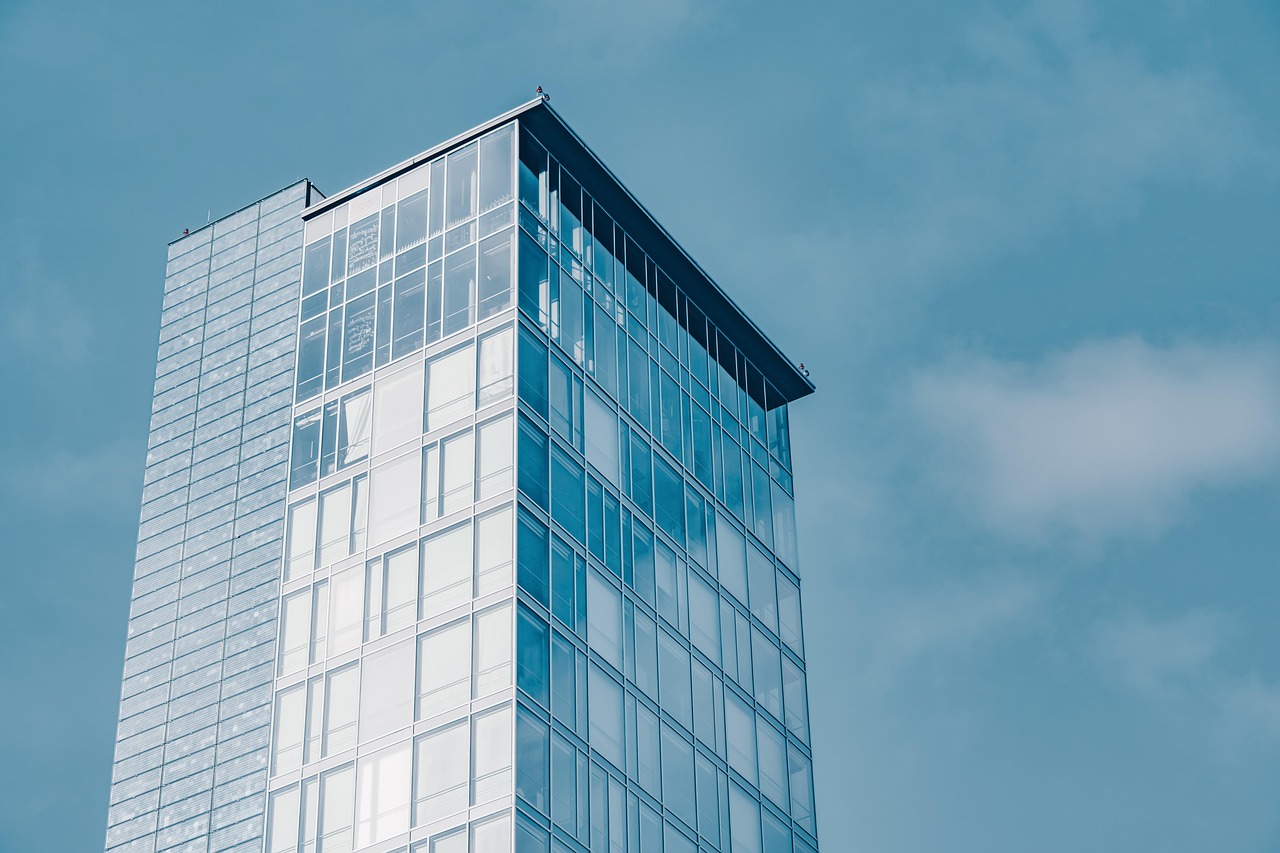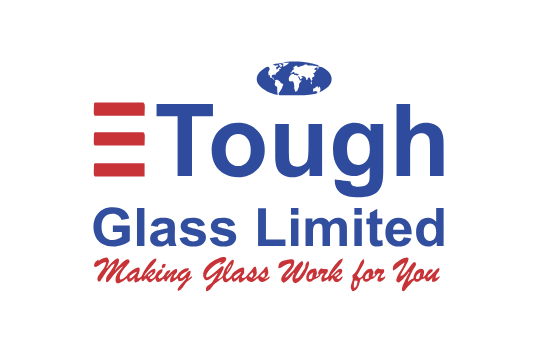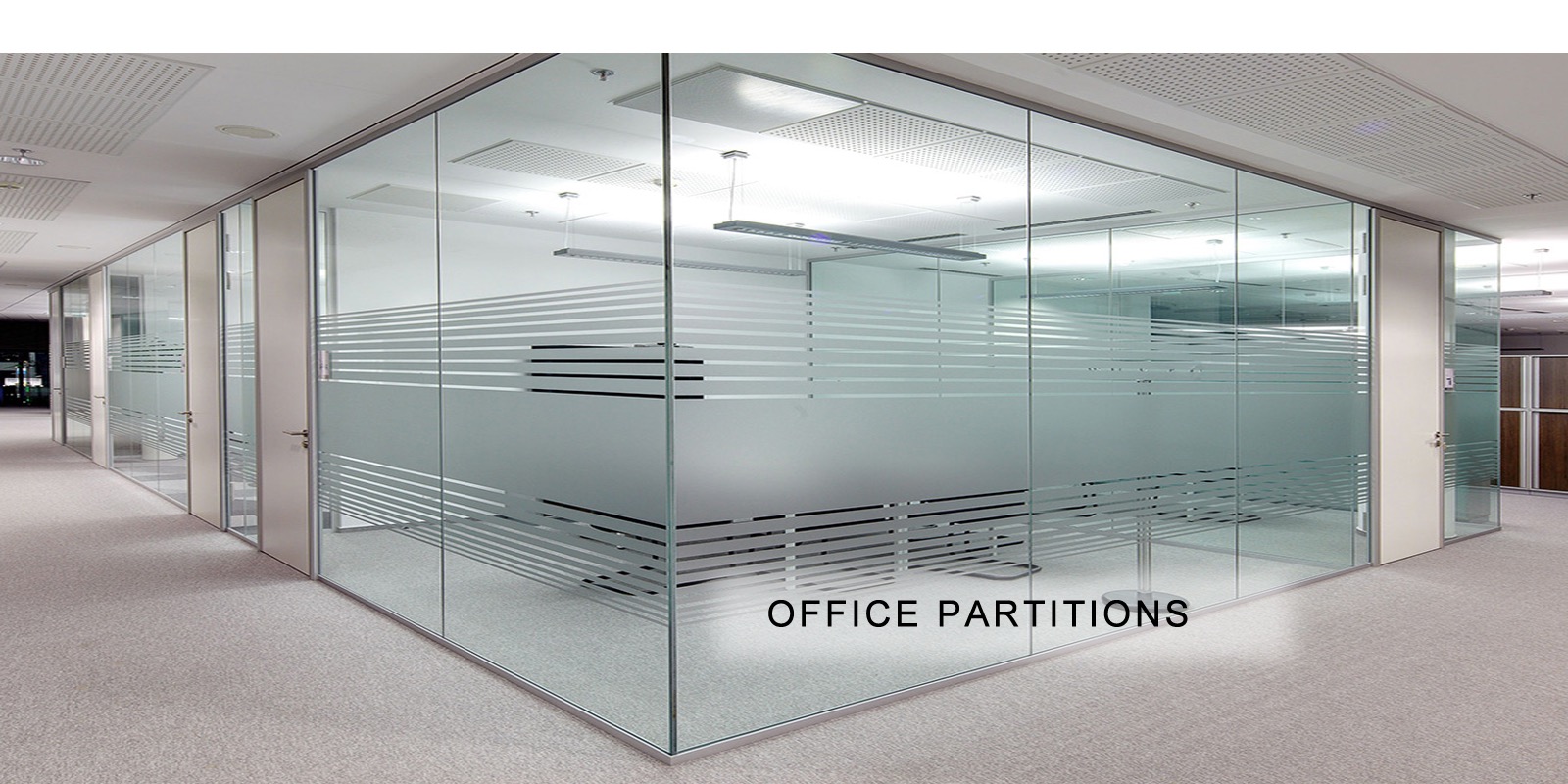
As Nairobi’s skyline rises with new towers, malls, and mixed-use developments, the demand for glass façade installation in Nairobi has grown faster than the pool of skilled professionals capable of doing it safely and correctly. For developers, architects, and contractors, the true cost of poor installation goes far beyond shattered panels. It exposes projects to safety liabilities, financial loss, reputational damage, and regulatory penalties. In a city where the commercial real estate sector competes for international tenants, failures involving glass façades can cripple a building’s market value before it even stabilizes.
Why Glass Façade Failures Are Becoming More Common
Nairobi is witnessing a surge in high-rise projects in areas such as Westlands, Upper Hill, Kilimani, and the fast-expanding Mombasa Road corridor. Yet most failures stem from the same root problems: improper anchoring, sub-standard framing materials, wrong glass specifications, and the use of unskilled installers. Many contractors still approach glass façades as cosmetic extensions instead of performance-heavy building envelopes that require engineering precision.
In several Nairobi high-rise projects, façade panels have loosened under high wind loads, seals have failed due to poor silicone application, and thermal cracks have emerged because developers accepted cheaper, non-tempered panels not suited for Nairobi’s heat levels. These issues are not inevitable — they are predictable, preventable, and directly tied to poor design-stage planning.
The Hidden Financial Burden of Poor Installation
Once a façade begins to fail, the financial consequences escalate quickly. Correcting a defective curtain wall system often costs several times more than designing it properly from the start. Developers incur losses through emergency repairs, panel replacements, scaffolding rentals, and downtime for tenants. Insurance premiums rise. Facility managers must constantly monitor compromised areas for leaks, drafts, and falling debris.
One property along Waiyaki Way reportedly spent millions reinforcing its façade after water leakage damaged internal walls and electrical systems. Another commercial tower in Upper Hill had to redo a full elevation after the initial contractor used frames that warped under heat exposure. These examples reveal a hard truth: faulty façades quietly drain profits and complicate long-term returns on investment within the Nairobi real estate market.
The Safety Risks Developers Cannot Ignore
Beyond cost, poorly installed façades present alarming safety hazards. Falling panels pose danger to pedestrians and vehicles. Water intrusion creates electrical risks inside buildings. Structural instability weakens the entire envelope during storms. These issues also expose investors to litigation, regulatory scrutiny, and reputational loss.
City officials have tightened monitoring of Nairobi construction standards, and several projects have already been flagged for noncompliant glass installations. For any developer targeting international tenants or buyers, safety performance is increasingly a dealbreaker.
Why Most Glass Failures Start at the Design Stage
Nairobi’s climate, wind loads, and temperature swings require precise engineering calculations before installation begins. Most failures occur because design teams did not consider:
- The correct loading calculations for high-rise elevations
- The thermal expansion properties of selected glass
- The structural behaviour of aluminium or steel frames
- Moisture management during heavy Nairobi rains
When the façade system is poorly designed, even the best installers cannot mask the engineering flaws. Nairobi’s most successful buildings — including premium office towers and malls — have avoided failures because they integrated façade engineers early and invested in the right glass systems such as energy-efficient glass Nairobi and glass curtain walls Nairobi.
What Developers Should Do to Avoid These Losses
The solution begins with treating the façade as a structural and performance-critical component rather than an afterthought. Reliable developers now insist on design-stage mockups, laboratory-tested panels, correct anchorage specifications, and certified installers. They choose firms that provide engineering reports, wind-load analysis, and material compliance documentation.
Ultimately, the safest and most financially sound approach is working with experienced glass contractors Kenya who understand local regulations and international façade systems. Expertise saves money long-term — not shortcuts.
How ToughGlass Kenya Helps Developers Build Safer, Better, and Faster
ToughGlass Kenya has established itself as a premium partner for architectural glass Nairobi projects by offering engineering-backed installation, high-quality materials, and strict adherence to performance standards. Our team works closely with developers from the design stage, ensuring that every façade meets structural, aesthetic, and climate-specific requirements.
We support commercial, residential, and institutional clients with:
- Professional façade engineering guidance
- High-performance glass suited to Nairobi’s climate
- Skilled, certified installation teams
- Post-installation inspection and maintenance support
This approach eliminates costly errors, elevates building safety, and boosts long-term asset value.
Poor façades are not just cosmetic failures — they are expensive engineering mistakes that compromise safety, reduce asset value, and erode investor confidence. By prioritizing proper design, expert materials, and professional installation, developers can protect their investments and strengthen their position in the competitive Nairobi real estate market. Partnering with experienced specialists such as ToughGlass Kenya ensures that every project benefits from world-class engineering and reliable installation. For any high-rise or commercial project, glass façade installation in Nairobi is too critical to handle on guesswork — and the strongest buildings are those built on expertise.



